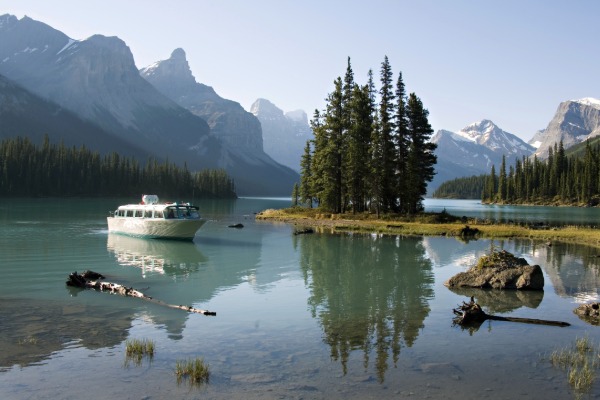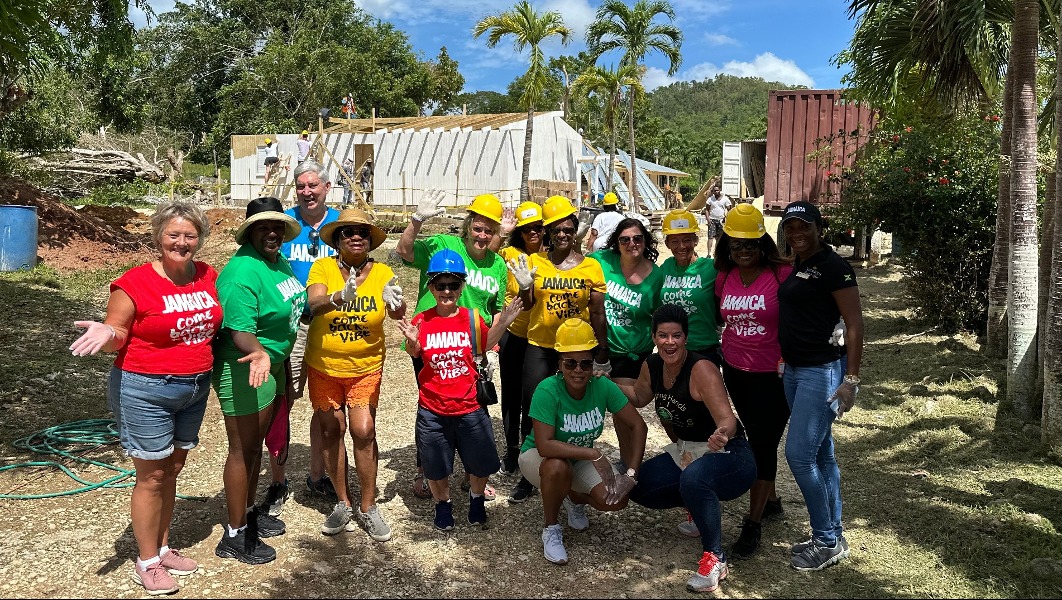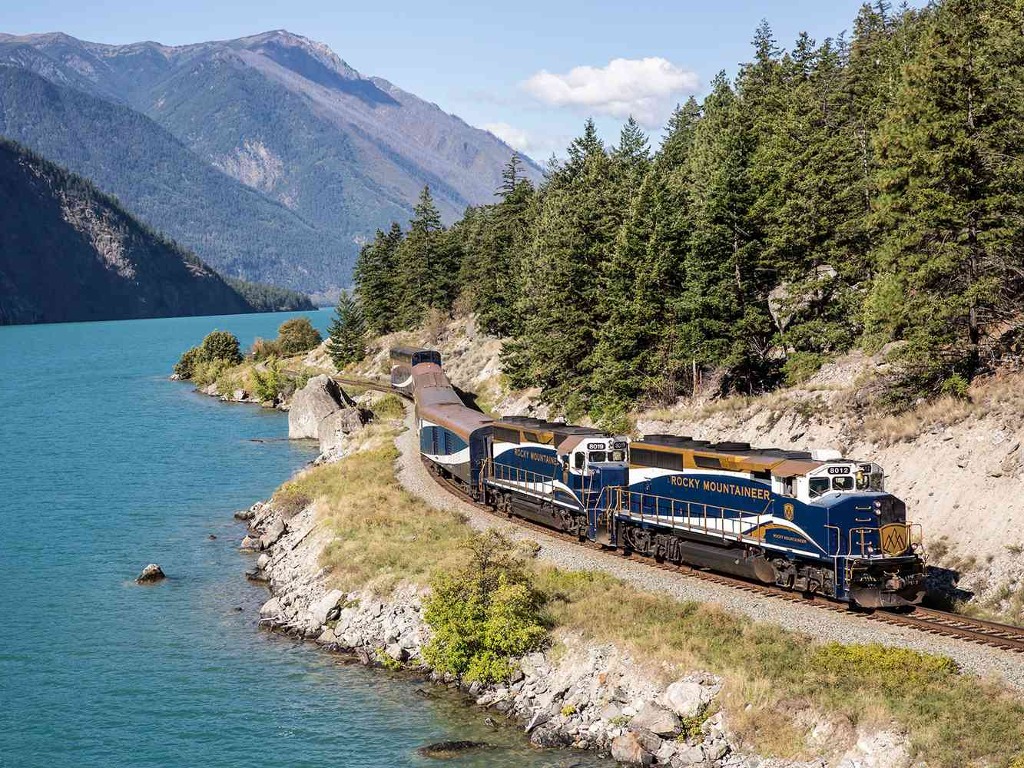It’s All About The Great Outdoors

Rural tourism may be at the forefront of a travel industry recovery, a Monday Tourism Industry Association of Canada webinar was told.
Tourism Nova Scotia CEO Michele Saran told viewers that “wide open spaces are really what really makes people feel safer” during the coronavirus pandemic.
Saran believes there will be more interest in experiencing the “Great Outdoors” as people “have been cooped up for so long,” and suggested that such activities as hiking, biking and surfing will figure more prominently in holidays.
Saran noted that rural Nova Scotia areas haven’t seen as great a slump in visitations as Halifax has, which is seen as being attributable to many being nervous about being in cities at this time.
Sisa Ntshona, CEO of South African Tourism, agreed that rural areas will look increasingly attractive to people during a time of concerns about social distancing.
But Ntshona cautioned that rural areas must have the infrastructure needed to meet travellers’ preferences, pointing to the popularity of glamping in some circles. “City slickers want to go out but still want hot water.”
Both panelists agreed that urban tourism is seriously struggling, with Ntshona saying corporate hotels in SouthAfrica are in a “very depressed situation” as business travel has plummeted. Municipal tourist boards need to find ways to “get some action back” into downtown areas that are often now quiet as many work from home, he stated
South Africa has increasingly focused on the domestic market as international travel grinds to a near halt, with Ntshona noting that its large size offers different experiences, with Kruger National Park alone being the size of Belgium.
He predicted that self-drive vacations will appeal to a greater share of vacationers, saying he expects to see “a shift away from planes, buses and trains” as more people opt for unstructured travel and appreciate the freedom a personal vehicle provides.
Saran expects that family travel may be a prime beneficiary of a travel industry recovery, stating “people have been separated from their loved ones for so long” and will want to travel together.
Ntshona said renewed travel will see a more socially conscientious traveller who doesn’t want to leave a “negative footprint” on the region he or she is visiting.
Webinar host Joe Naaman of consulting firm Twenty31 agreed, citing surveys that suggest sustainability was a “buzzword” before coronavirus “but it’s becoming even more important across the globe.”
He added that those same surveys suggest that cleanliness has taken on greater importance when it comes to choosing a vacation, noting they had 45% of respondents stating that hygiene factors are now among the three things people give the most consideration to when planning a trip.
Naaman — who labelled 2020 a “very bad, terrible, horrible year” for the travel industry — noted there have been welcome developments as of late, such as the roll out of vaccinations to protect people from coronavirus now being underway.


